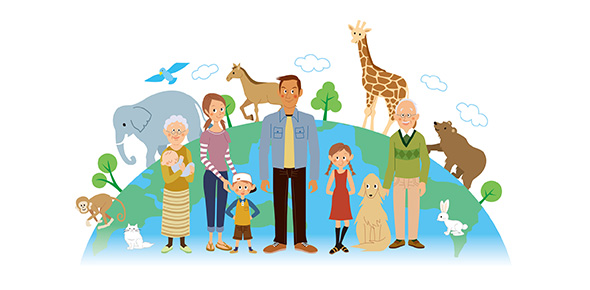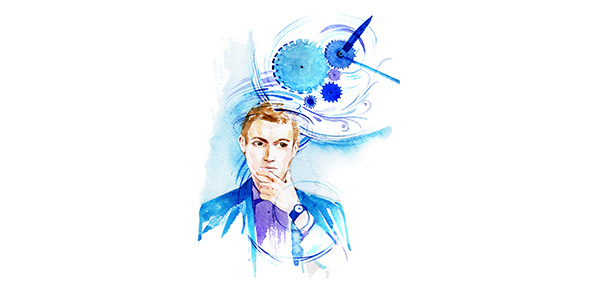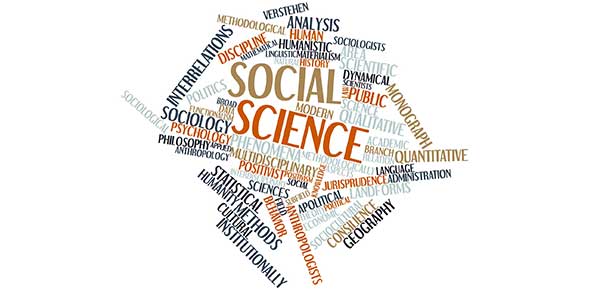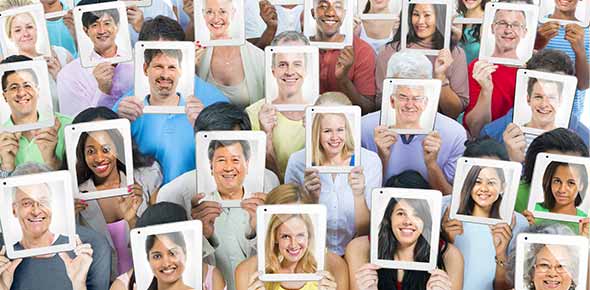Related Flashcards
Related Topics
Cards In This Set
| Front | Back |
|
Critical legal anthropology
|
An approach within legal anthropology that examines how law and judicial systems serve to amintain and expand dominant power interests rather than protecting marginal and less powerful people.
|
|
Social control
|
Processes that maintain orderly social life, including informal and formal mechanisms.
-Culturally defined rules and ways to ensure that people follow the rules. |
|
Norm
|
A generally agreed-upon standard for how people should behave, usually unwritten and learned unconsciously.
|
|
Law
|
A binding rule created through enactment or custom that deifnes rig ht and reasonable behavior and its enforceable by threat of punishment.
|
|
Resolution
|
Try to get her to come back, if she won't, then let her go.
(if broken norm or law) |
|
Policing
|
The exercise of social control through processes of surveillance and the threat of punishment related to maintaing social order.
|
|
Trial by ordeal
|
A way of determining innocence or guilt in which the accused person is put to a test that may be painful, stressful, or fatal.
|
|
Legal pluralism
|
A situation in w hich more than one way exists of defining acceptable and unacceptable beahvior and ways to deal with the latter.
|
|
Banditry
|
A form of aggressive conflict that involves socially patterned theft, usually practiced by a person or group of persons who are socially marginal and who may gain a mythic status.
|
|
Feuding
|
Long-term retributive violence that may be lethal between families, groups of families, or tribes.
|
|
Revolution
|
A political crisis prompted by illegal and often violent actions of subordinate groups that seek to chagne the political institutions or social structure of a society.
|
|
War
|
Organized and purposeful group action directed against another group and involving lethal force.
|
|
Critical military anthropology
|
The study of military as a power structure in terms of its roles and interal social dynamics.
|
|
Study of policing in Japan
|
Low crime rate.
-Neighborhood police boxes and foot patrol. Volunteer crime prevention groups. High expectations of no false arrests. High rate of confession: police have more power than suspects. |
|
Prisons and Death penalty
|
The presions, as a place where people are forcibly detained as form of punishment.
-The US imprisons more people than any other country in the world by China. |







